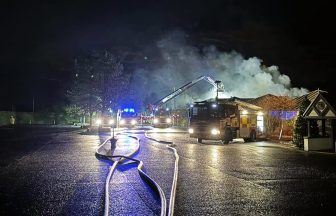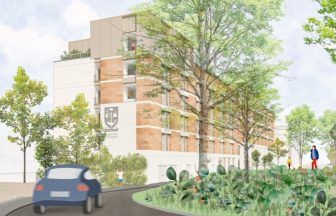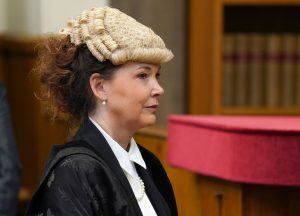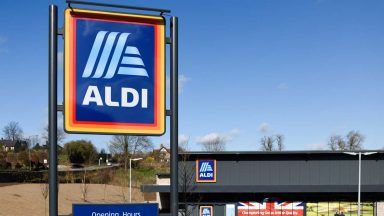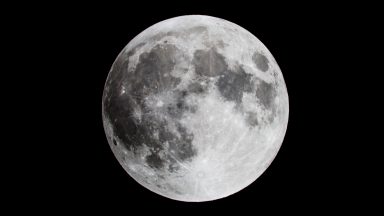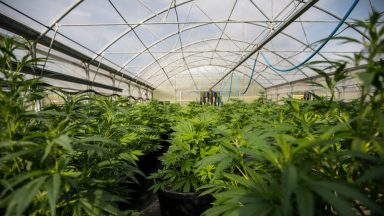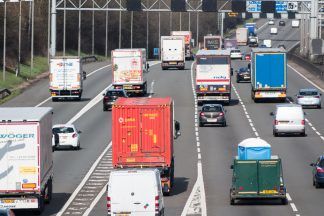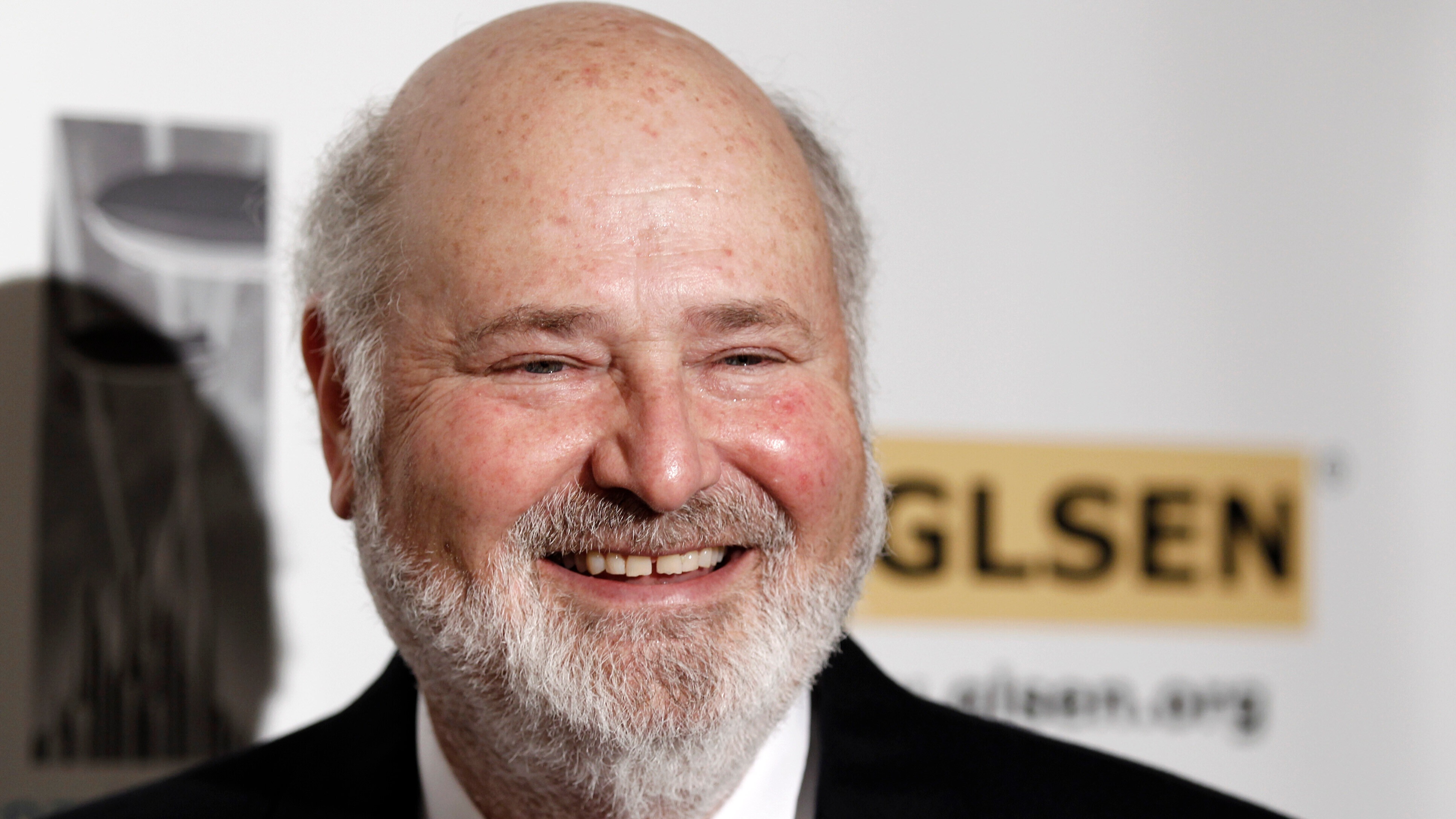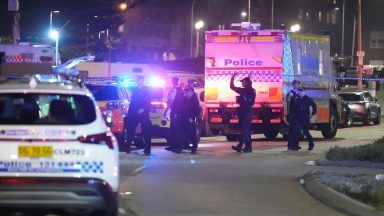There is an “unacceptable” lack of clarity from the Scottish Government on the changes that will be needed for the country to meet its net-zero targets, a think tank has claimed.
Reform Scotland hit out in a new report which called for an immediate ban on the sale of new gas cookers, and for a “pay-as-you-drive” scheme to be introduced on all Scotland’s roads.
It said Scotland had “made huge progress towards net zero” with efforts to switch electricity production away from fossil fuels and towards renewables, but added that demand for domestic heat and road traffic have been increasing in recent years.
The report – titled Powering Ahead: Decarbonising Scotland’s Energy – said both these trends must be reversed, adding: “That requires leadership from the Scottish Government, with education and awareness programmes.”
Ministers were urged to “start a more concerted public awareness and education campaign to increase understanding of exactly what is needed to reach net zero and the changes we all must make”.
The report focused on changes to domestic energy use and travel, saying: “Such changes will not all be easy or popular and it is therefore important that the urgency of these changes is clearly understood by the wider public.”
The think tank called for pay-as-you-drive motoring to be brought in to replace fuel duty and vehicle excise duty, suggesting that the “cost of using each road would depend on a number of factors, including the time of day and congestion levels”.
It added: “This means that many quieter roads, particularly in rural areas, would have no charge at all.
“The type of vehicle used could be taken into account too, with cleaner cars paying less, incentivising drivers towards lower-emitting vehicles.”
With Scotland using more gas than electricity – with 22,708 gigawatt hours (GWh) of electricity in 2020 compared with 48,503 GWh of gas – the report said banning new gas cookers “would be a very visible signal to the public of the direction of travel and the need to shift away from gas”.
Reform Scotland added: “Although the sale of such items is reserved to Westminster, the Scottish Government could use devolved powers under housing and planning to restrict the products used in homes.”
It also called for a ban on gas heating in new buildings to be brought forward, with a freedom of information request to the Scottish Government showing regulations are being developed “which will require all new buildings, for which a building warrant is applied for from 2024, to use zero emissions heating”.
More than 80% of new properties built in 2020 had mains gas-fired boilers as the main heating system, the report said, adding: “Without early intervention and publicity there is a danger that the chaos around the regulations on interlinked smoke-detectors could be repeated.”
The Scottish Government had to push back its deadline for buildings to have interlinked smoke alarms by a year from February 2021 “due to a lack of awareness” of the change, with a rush on stock leading to a shortage in supply before the February 2022 deadline.
Reform Scotland said: “We cannot afford to repeat these mistakes and it is crucial that the public are given early warning and clear advice to help them decarbonise their homes.”
The report was published as a University of Dundee energy expert warned high gas prices could remain in “well into 2023”.
Dr Janet Liao, a senior lecturer in international politics, said: “The energy crisis facing us today is not new, but the two main triggers are quite unique.
“The first is the macroeconomics of energy transition. Experts believe that the record high gas prices in late 2021 were largely rooted in the energy underinvestment of recent years against the trend towards a greener future.
“With Europe increasing liquified natural gas imports mainly from the US and Africa, the basic gas supplies could be ensured, but the prices won’t be cheap.
“The other is the geopolitics linked with Russia’s invasion to Ukraine, causing a severe shortage of gas supplies and soaring gas prices in Europe and UK, while undermining global energy markets greatly.
“The issues around high energy prices will not be easily resolved even if the conflict in Ukraine was to end in the coming months.”
A Scottish Government spokesperson said ministers acknowledged “truly transformational action across our society and economy” to tackle the climate emergency.
The spokesperson said: “Progress has been made – Scotland is already more than half way to net zero – but we are now entering the most challenging part of the journey to date, with a need to halve our emissions again within the next eight years.
“Significant steps have been taken in recent years to put in place the policy frameworks that will drive action and change on the ground. For example, Ministers set out to Parliament that they plan to spend at least £1.8 billion over this parliament to decarbonise homes and buildings, facilitating the transition to renewable and low-carbon sources of energy, free bus travel for under-22s and an updated national planning framework that promotes developments that reduce carbon emissions.
“The action we are taking now will deliver significant emissions reductions in years to come.
“We know that Scotland’s targets are among the most stretching in the world, but it is right to be continually ambitious on an issue that will affect our future generations.
“We will take into account all contributions to the debate as we work to prepare a new, detailed Climate Change Plan covering the period to 2040.”
Follow STV News on WhatsApp
Scan the QR code on your mobile device for all the latest news from around the country


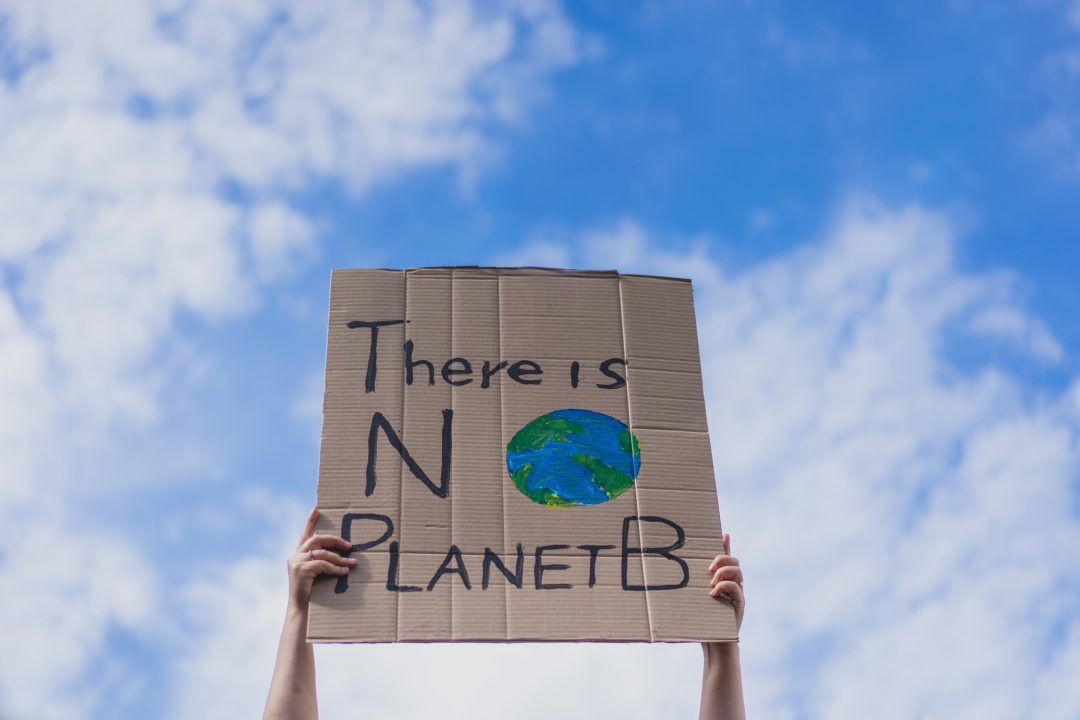 iStock
iStock




